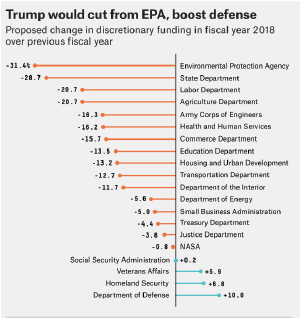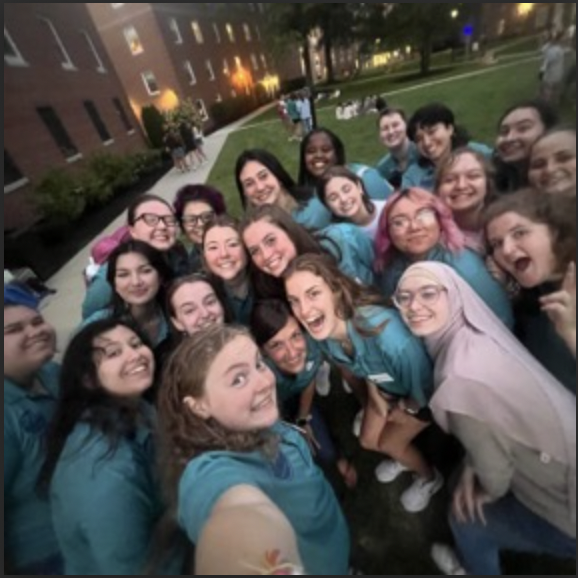Last Monday, March 7, Boston public school students objected to proposed budget cuts by staging a walkout and protest at the State House. Thousands of students from schools around the city rallied at the State House and nearby Boston Commons, bearing signs with messages such as “It’s OUR education, not your money,” “It’s OUR future,” and “Don’t Make the Children Pay.”
The students, most of whom were from Boston high schools, marched to Faneuil Hall Marketplace, where they decried anticipated cuts to programs such as electives, special education offerings, and Advanced Placement courses, as well as the expected loss of teaching positions citywide.
Though Boston mayor Marty Walsh denounced reports via a phone conversation that the estimated budget deficit was as high as $50 million as an exaggeration, the approximate deficit is still slated to be around $30 million.
Next year’s budget for Boston Public Schools will top $1 billion and features a $13.5 million increase over the current BPS budget. However, city officials have stated that even with the expansion in funds, the budget is insufficient to keep pace with increasing costs.
Prior to Monday’s walkout, students, parents, and teachers had repeatedly expressed their dissent with the proposed budget cuts, highlighting the necessity of continued access to the educational resources that would be most negatively impacted by the cuts.bu
On Friday, Mayor Walsh told WBZ NewsRadio 1030 that after a lengthy discussion with BPS Superintendent Tommy Chang, the city’s high schools will not experience budget cuts in the upcoming fiscal year.
“As we move forward here, we’re going to be making adjustments but we felt at this particular moment, it was the right thing to do, to fully fund all the high schools next school year,” Walsh stated during the announcement.
Also on Friday, Mayor Walsh spoke at a South Boston Boys & Girls Club event in the Seaport.
“I commend the kids,” Walsh said, mentioning that there was “no question” that the protesters played a role in the reversal of the proposed cuts. “Being advocates out there I think is great. Kids should be involved in the process. They have every right to be.”
Walsh also expressed that he would have preferred for the students to stay in school and protest after school hours, since the walkout took place during the school day.
The students involved in the protest played a commendable part in maintaining the established financial infrastructure for education in Boston. Even so, it should not have been their responsibility in the first place. Although parents and teachers also expressed concerns with the effect the budget cuts would have on the educational opportunities of Boston’s students, the fact that a student walkout played such a significant role in the ongoing fight for continued school funding indicates that students already have to be preoccupied with the battle for ongoing educational opportunity in their own schools.
Whether or not other factors also influenced Friday’s decision, it remains clear that student outcry impacted the timing of the announcement.
Going forward, it should remain the responsibility of city administrators to ensure that funding is sufficient for ongoing school programs, since public schools are so widely attended and serve as the foundation for future opportunities, academic and otherwise. Although student efforts to affect change are incredibly effective, and deserve to be lauded, they should not be a necessity.



















